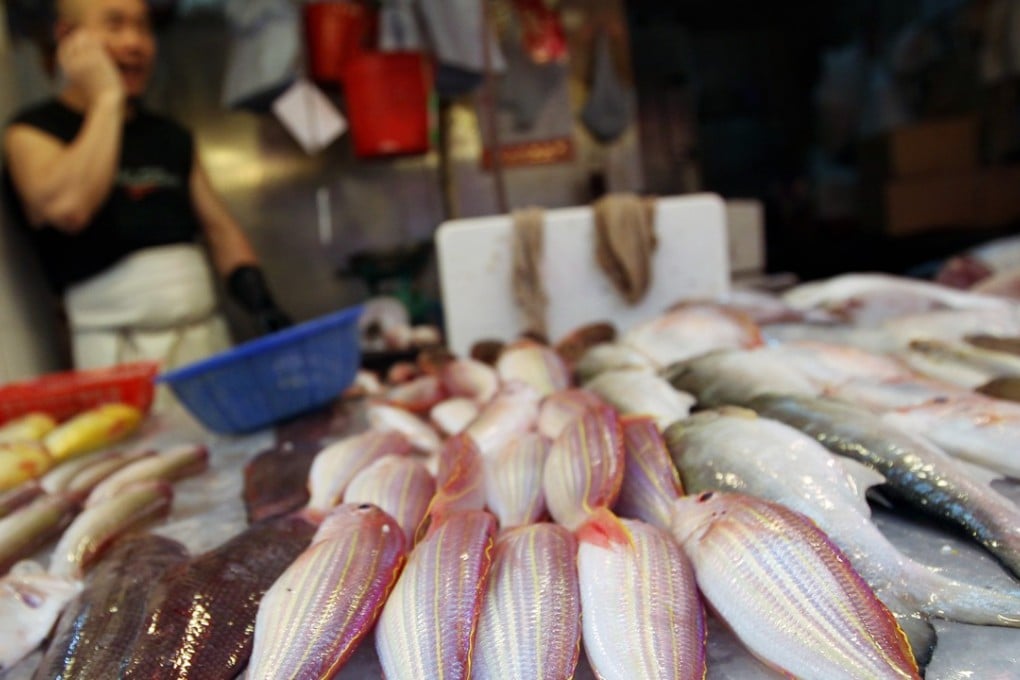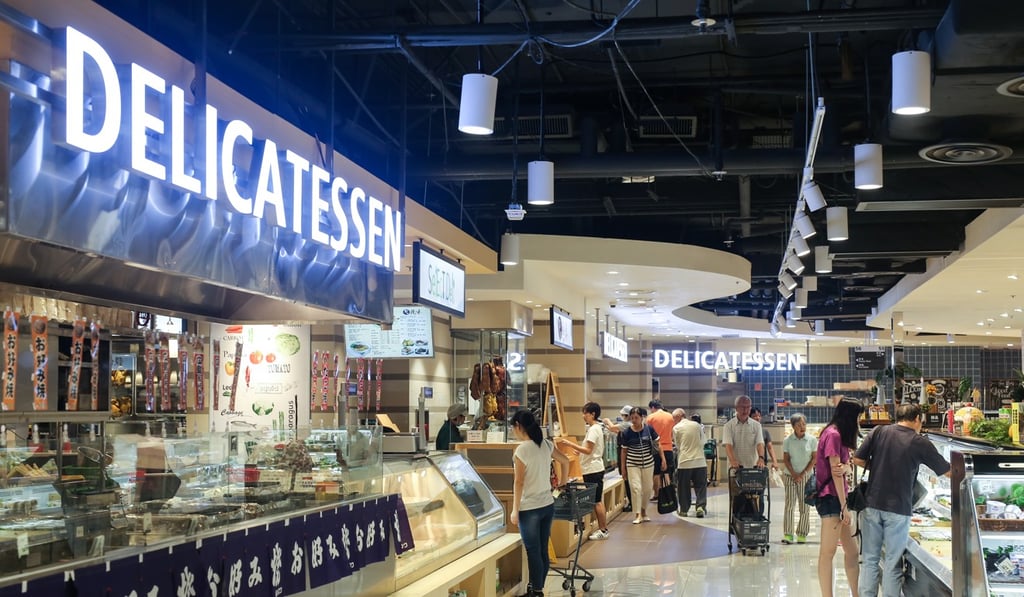Advertisement
Hong Kong supermarkets need to do better at labelling seafood accurately, to help protect threatened marine life
Jovy Chan says Hong Kong supermarket chains are miles behind the global industry norm in providing accurate information about their seafood products, which is necessary both for consumer safety and to safeguard threatened species
Reading Time:3 minutes
Why you can trust SCMP

Hongkongers love seafood, but how many can really identify what kinds of seafood we consume? Accurate and detailed information on labels is critical, not only for consumers, but for retailers: the case last year in Taiwan of a hairy crab sample containing dangerous levels of carcinogenic chemicals shows the importance of correct labelling to prevent food-borne outbreaks.
When consumers purchase seafood in supermarkets, information about species, country of origin and production methods is crucial for them to know if the product is sustainable or not. However, the city’s nine major supermarket groups failed to provide this vital information in 82 per cent of seafood products investigated, according to a survey by WWF-Hong Kong.
DNA analyses by the University of Hong Kong in December 2016 found four cases of possible violations of Hong Kong’s Trade Descriptions Ordinance and one case of overcharging due to mislabelling. Worse, the lack of labelling information may hide the environmental costs of dynamite fishing, illegal poaching or poorly regulated aquaculture practices.
Advertisement
Global demand for seafood is growing tremendously. Billions rely on it as a major source of protein and income. Global production of seafood has increased from 20 million tonnes in the 1950s to 167 million tonnes in 2014, making sustainability of fisheries and protection of resources for future generations a hot topic.

More food could fail Hong Kong metal contamination tests under proposed new rules
Numerous supermarket chains like Marks and Spencer, Migros, Coles and Aeon embrace commitments in their seafood procurement policies to ensure the long-term vitality of species, the well-being of oceans and livelihoods of fisheries-dependent communities. Hong Kong is the second-largest per capita consumer of seafood in Asia and eighth in the world, so our choices have an enduring influence on fishery resources in the South China Sea and global oceans.
Advertisement
Advertisement
Select Voice
Choose your listening speed
Get through articles 2x faster
1.25x
250 WPM
Slow
Average
Fast
1.25x